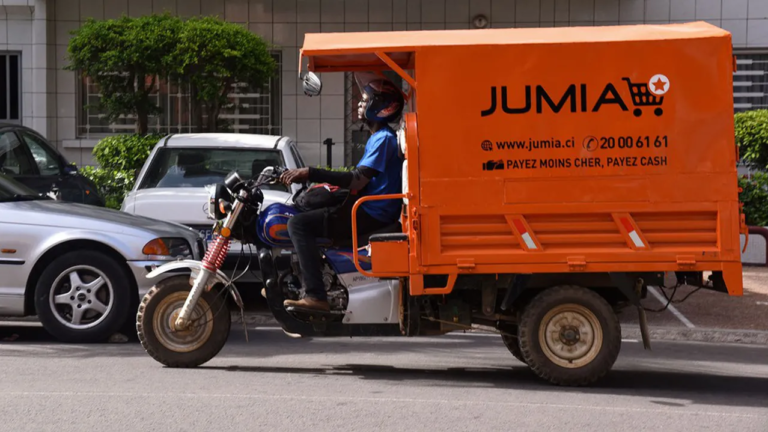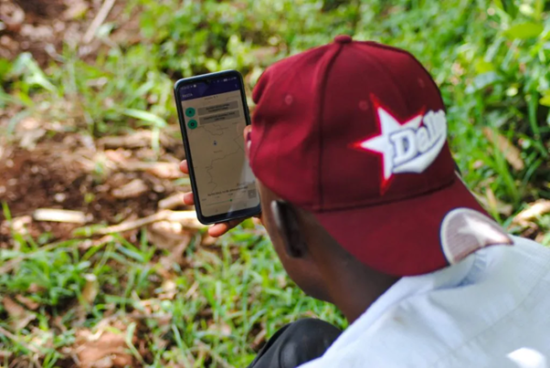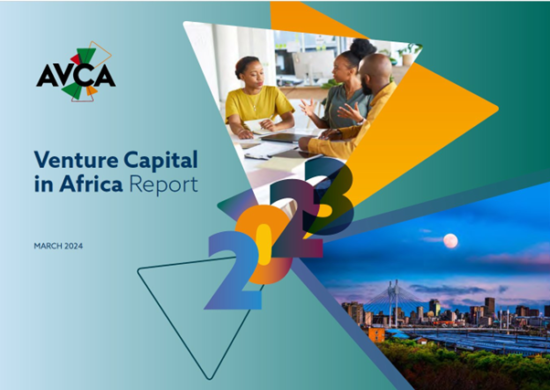Jumia, Uber, Paps, Vuiba Vuiba... Delivery platforms, be they international or local, are multiplying on the continent. After passenger transport, now is the turn of commodity transport that is developing with local versions which vary according to customs.
Far from being a leader, but very quickly emerging as a giant, Jumia, the first e-commerce platform dedicated to the African continent and listed on the stock exchange, has quickly become a model. It is followed by international brands such as Uber or Glovo or by 100% local companies such as Paps in Senegal, or Vuiba Vuiba in Rwanda.
Geographic and sectoral diversification
It was a business line already on the rise thanks to the combination of several factors, starting with the improvement of access to the Internet, which is key to all segments of the e-commerce market in Africa, but also the rise of the middle class, urbanization and the changes in lifestyles it has brought about, etc. The continent had about 20 million online buyers before the pandemic, according to UNCTAD. That figure is on the rise, even if it represents barely 2% of the world total. The business is still limited both geographically (Nigeria, Kenya and South Africa mainly) and sectorally.

This is where the COVID-19 crisis changed the game. If the trend was not yet well rooted in customs, beyond a more informed market (expatriates, PCS +), the pandemic and the successive lockdowns, which resulted in market closure and limited travel, have expanded the target.
Thus, Rapidos, Paps or Club Tiossane in Senegal, which offer consumers home delivery of fruits and vegetables, bread, meat or fish and others, have seen their deliveries increase since the beginning of the pandemic, with a 90% rise during Ramadan for Rapidos. That growth was confirmed by the continental leader Jumia which has seen an "explosion of orders for supermarket, food and hygiene products in Côte d'Ivoire", according to its Managing Director, Francis DUFAY. Similarly, in South Africa, OneCart, which delivers food and pharmaceutical products, announced a "500% surge" in its activities.
That boom has led to the multiplication of platforms, especially in less developed markets in terms of e-commerce. This was the case for Tambula Online Shop, a site selling food products, or Garden Inn, a home delivery service in Namibia. As well as the diversification of services and product lines. Vuiba Vuiba in Rwanda delivers not only home-delivered meals, but also products from markets and supermarkets: flowers, pharmaceuticals, and alcohol. In the meantime, Glovo, in Côte d'Ivoire, has adapted to a new clientele of telecommuting consumers, offering to deliver documents, keys, stationery, etc. As living and working conditions have evolved in the context of the pandemic, the platforms have adapted, increasing their customers and traffic.
To be continued (analysis in 3 articles).





